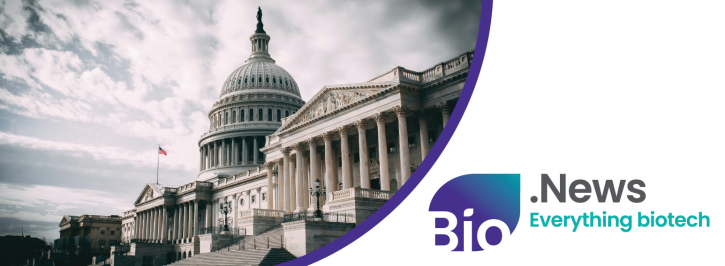
At BIO 2025 in Boston, experts emphasized that breakthrough innovations in biotechnology require equally innovative regulation to bring therapies to market more efficiently.
Weight loss drugs such as GLP-1s have shown extraordinary results in controlling chronic diseases including obesity and diabetes. However, panelists noted that initial weight reduction is only the beginning. Future therapies must focus on preserving and building muscle mass, which is especially critical for older patients. Companies like Eli Lilly and Regeneron are actively developing proteins aimed at muscle growth and preservation.
Medical psychedelics are also emerging as promising treatments. Harvard Medical School’s Dr. Sharmin Ghaznavi described them as “remarkable,” citing cases where patients achieved remission after a single dose—an outcome rarely seen in psychiatry. Patient advocate Katie M. Walker shared her own experience in clinical trials, describing the new treatment as transformative after years of relying on traditional psychological tools.
While these advances are promising, regulatory frameworks must evolve. Industry leaders stressed that the U.S. Food and Drug Administration (FDA) cannot be expected to master every emerging field alone. Instead, biotech companies must play a role in educating and collaborating with regulators to ensure the latest science is understood and applied effectively.
“There’s no way the FDA can be an expert in every disease,” said Adora Ndu of BridgeBio Pharma, who previously worked at the agency. “A big part of what we do is education.”
The discussions underscored that as science advances at unprecedented speed, regulation must adapt in step, ensuring safe, timely, and broad access to life-changing therapies.





